Since Ke Jie was defeated by the artificial intelligence Alpha Go, the artificial intelligence AI seems to have been pushed into the air. People have a deeper understanding of AI. There are also many “AIâ€/â€smart†labels in daily life. Electronic equipment. Smart speakers are the most recent domestic AI-type electronic devices. The point of central release is just after Apple HomePod smart audio is released. It is also very interesting to think carefully.

If you have also been watching the development of smart speakers, you must understand that the smart speaker market abroad has long been topped by Amazon and Google, and domestic smart speaker brands have experienced product classification and iteration. The recent popularity of smart speakers comes from Alpha Go, Apple HomePod, and new products that cost less than $500. On the other hand, in foreign countries, Google Google Home sells for 129 US dollars for about 867 yuan, Amazon Echo (starting model) sells for 179 US dollars for 1203 yuan, and Apple HomePod sells for 349 US dollars for 2345 yuan. This kind of price difference, what exactly the gap is reflected in, smart speakers to buy foreign, expensive will not be mentally handicapped it?
What are the foreign products
To compare smart speakers at home and abroad, it is necessary to first popularize some of the famous smart speaker products abroad. After all, most of these products can only recognize English without entering the domestic market, and ordinary consumers do not have corresponding cognitive reserves.
Amazon EchoIn 2014, Amazon released a 3D mobile phone, and also announced the low-key smart speaker Echo. It was powered by Alexa, an Amazon-developed voice assistant. After 3 years, it was only at that time that the famous firefox was at Waterloo, and the original low-key Echo became the world’s hottest smart speaker.
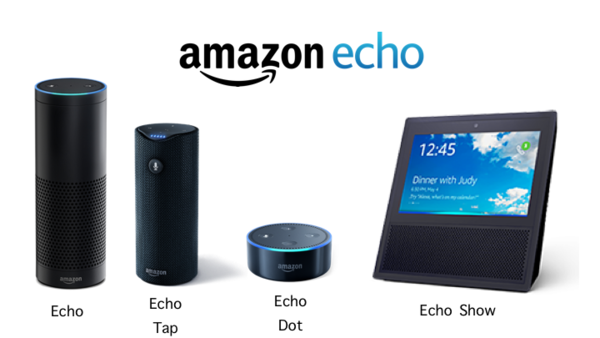
At present, Amazon Echo speaker family has a total of four members: Echo, Tap, Dot and the latest Show, although the price is different, but based on the same basic functions Alexa voice assistant.
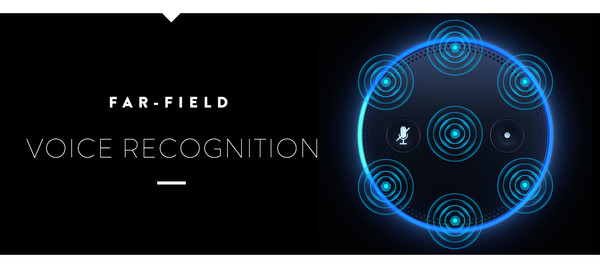
Take the example of Echo, the starting model with a price of 179 US dollars (about 1203 yuan). The built-in 7 microphones are used to detect voice recognition and wake up. Echo is currently able to achieve a wake-up speed of 1 second, and not like some of the domestic smart speakers, first say wake-up words waiting for wake-up and then under the command. Whenever you say "Alexa,XXXXXXX" directly, you can execute the command.

Echo's Alexa is currently the most skilled smart speaker voice assistant, can achieve point takeaway, call a taxi, Amazon a key shopping. And Alexa also supports a number of mature foreign smart home platforms, such as Next, SmartThings, Ecobee, Belkin, Philips Hue and other platforms, can easily set to smart home voice control center.
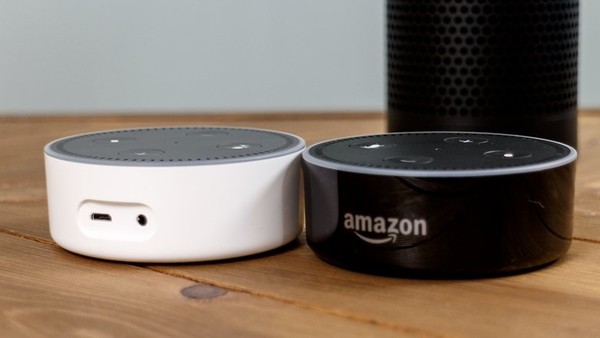
Members of the Amazon Echo family are the members of the Dot. Although the compact body does not have a built-in speaker, it can be connected to any speaker/Bluetooth speaker, and there is no performance in castration. The most invincible or that only 49.99 US dollars, about 336 yuan price, will undoubtedly become the most popular sales of smart speakers, and this price is just close to the millet AI speaker.
Google Google Home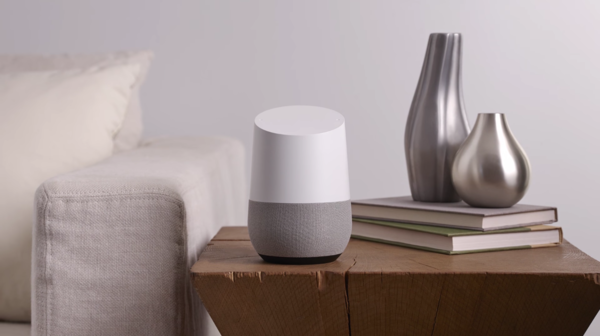
In 2016, Google released a new voice assistant Google Assistant at the I/O conference. At the same time, Google released a smart speaker Google Home as a carrier. Google Home is considered to be Echo's biggest rival due to Google’s deep expertise in voice assistants and its comprehensive Google services.
In the case that the Samsung Bixby voice assistant is not yet perfect, Google Assistant is currently the most powerful voice assistant in voice recognition and natural language understanding. Interested users may wish to read this article "Intelligent voice assistant harassment several times on the chicken? The million-word experience tells you the truth! 》

After a few upgrades, Google Home now supports up to six voiceprint identifications, enabling users to answer and operate on different voiceprint users. On the hardware, Google Home's sound quality is also satisfactory. Google Home service (formerly Google Cast) is also supported, and multiple devices are projected to play. (non-Google users are not expected to use it)
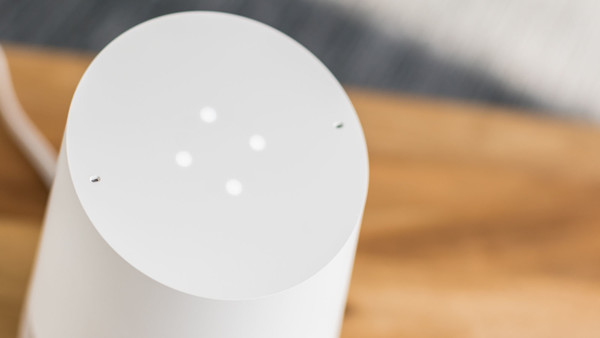
Even if Google Assistant is stronger than Alexa, but Google Home only built 2 microphones and a noise-canceling microphone, the sound wake-up experience is far worse than Echo. In addition, Google Home currently supports a smaller number of smart home platforms, and well-known Next is its own, defeated Echo.
Apple HomePod
HomePod, Apple's newly released product at WWDC this year, has not yet been listed, and it is not yet clear whether it will be listed in the domestic market. Like Google and Amazon, HomePod has built-in Siri, which is the same operation through voice control. However, through the conference's understanding, Apple's positioning of HomePod is different from that of Google Amazon. "Smart" is not on Siri.
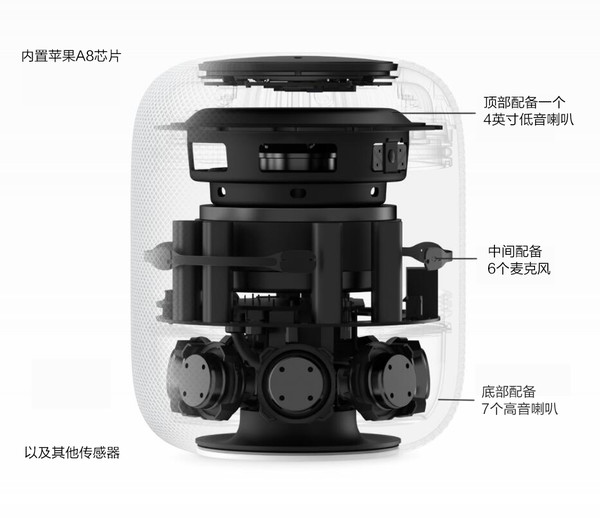
HomePod has a lot of speakers and microphones built in, it can respond to voice commands perfectly, and there is also a space scanning of black technology that can achieve the best music effects in different playback directions. In smart home control, HomeKit is also only supported, and its scalability is far less than that of Amazon and Google. And the price of up to 349 US dollars, about 2345 yuan, HomePod is almost just a Siri Apple HiFi speakers.
Microsoft Invoke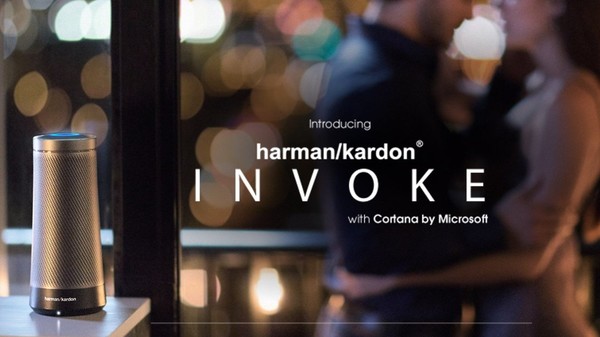
At the Microsoft BUILD conference in May this year, Microsoft finally came up with a long-awaited smart speaker equipped with Xiaona, and it is still a product that cooperates with Harman Kardon. But at the meeting, it was just a flash of demonstration. In addition to the name and built-in Xiaona, more detailed information was not known. After consulting, only learned that Harman Kardon used his own SONIQUE recognition technology, so that Xiao Na has more accurate identification of voice commands.
However, to realize that Harman Kardon has been acquired by Samsung, and Samsung is promoting its own audio assistant Bixby, Bixby smart speakers may also be under development. (There are also rumours that Samsung gave up.)
There are many domestic ones that you have not heard of
Looking back into the domestic market, there have been three new smart speaker releases recently, one of which is that the conceptual product has not yet announced the selling price and the time to market. The other two are being used for public testing and will be officially launched. Before this, in fact, the smart speaker market in China is quite lively. There are many products you may not have heard of.
Genie X1
The first smart speaker to be released recently, built-in the first Chinese intelligent voice interactive platform, developers and hardware vendors can access, giving it more possibilities and expansion. Relying on a powerful cloud service, voice recharge mobile phone calls and voice shopping can be realized. In addition, it has a voiceprint recognition capability and can identify the user to whom the voice corresponds.
As for supporting smart homes, they need to access their own cloud intelligence platform. Currently, there are few devices that access the platform, so the smart home control performance is relatively weak.
Millet AI speaker
Millet AI speakers, the main control of the entire home of the barrel of the smart control center, Mi is undoubtedly the best and most powerful consumer-level smart home platform. With the Mijia Voice Control Center, it can fulfill the ideal function in the minds of many smart home fans.
From the conference's point of view, Xiaomi did not emphasize the specific AI carried by the speakers, but only has the basic voice assistant function. The AI ​​training is more like the voice control version of the Mijia Smart Home APP. Therefore, millet AI speakers, in fact, only the actualization of the Mi Jia APP, and then control through speech recognition.
Lenovo SmartCast+
Lenovo released a new smart speaker SmartCast+ at 2017 Tech World, equipped with a projection function and smart recognition function based on smart speakers, which can perform touch interaction on the projected content, which means that any surface can become a touch screen. (This is not the Sony Xperia Touch? _?)
It is understood that this SmartCast+ is equipped with a Turing robot voice assistant developed by a well-known artificial intelligence company, which can improve the voice recognition and natural dialogue ability. The actual performance needs to be observed after being listed. In addition, Lenovo and Jingdong reached a cooperation, SmartCast + can achieve voice Jingdong shopping. As for the smart home support situation is temporarily unknown, but it can be guessed by Lenovo's previous smart speaker.

Lenovo released a smart speaker at the beginning of the year. The hardware configuration is very powerful: It is equipped with Intel Atom's Atom x5-E8000 CPU, 2G+8G memory combination, and 8 built-in microphones.
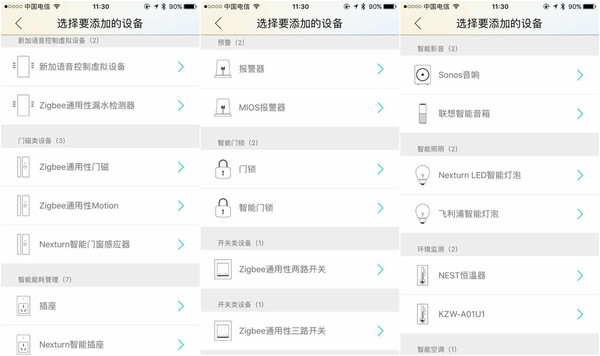
It is understood that Lenovo smart speaker APP supports smart home roughly have these, but it is not clear whether it can be directly controlled by voice, but it is estimated that SmartCast+ can achieve, or smart speakers?
Jingdong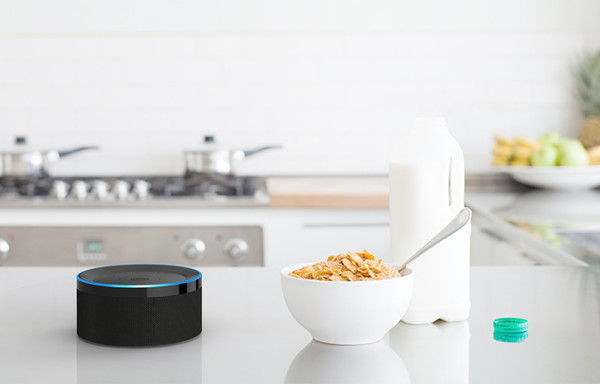
Jingdong Handan is the brand that entered the smart speaker market earlier in the country and has experienced product iteration and technology accumulation. It is currently a relatively mature smart speaker brand in China. Equipped with the voice assistant of HKUST News, the technology is relatively mature, although the responses of some sentences are also slightly intellectually retarded. In terms of smart home control, it supports access to the smart home of JD.com Microelectronics. The hardware is decent, the service and technology are satisfactory, and the smart speaker is also recognized by many users. but. . . . . .
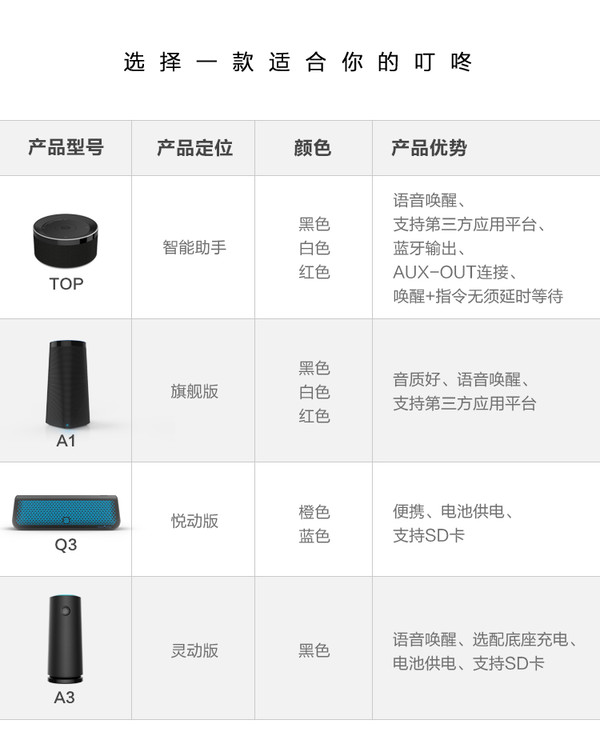
Looking at his product line, as if to see the domestic version of Amazon Echo, different models with different prices. It is not shameful to learn from it, and it is indeed a smart speaker with a better domestic experience at present.
Xiaoya AI smart speaker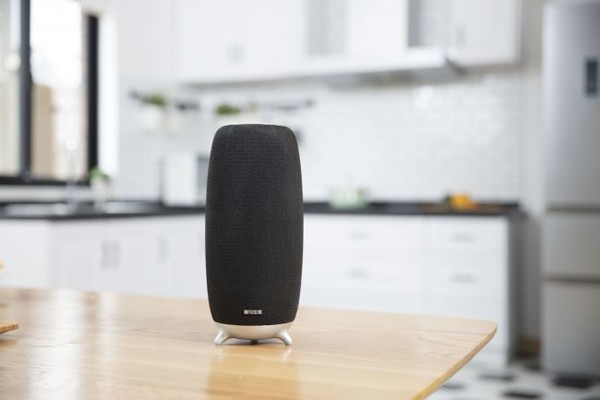
Xiaoya AI smart speaker launched by the Himalayan FM, although it has been released, but looks like the current bounced. . . . . . In terms of content, it is claimed to have licenses for various platforms such as the Himalayas FM, Baidu Music, and Douban Music, and it will also promote smart music content through learning. In terms of smart home control, it is understood that smart homes that support partnerships have been established. Since the products have not yet been marketed, Xingzi only knows products that support the United States through search.
Xiaoya AI smart speaker can be said to be a physical version of NetEase cloud music, the main function is voice on demand music, stories and other voice content, and then through AI learning smart push content.
Cool Dog Smart Speaker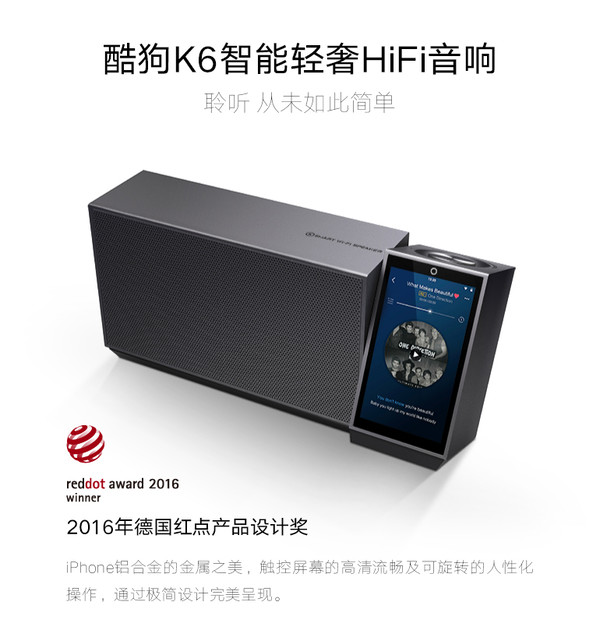
Similar to the Himalayan FM, the cool dog also introduced its own smart speaker, but the cool dog positioning is more clear, basically is stuffed into a mobile phone in the speaker called HiFi, and then through voice control, search for on-demand music. Almost no control in the smart home, in positioning and Apple HomePod is similar, focusing on the sound quality of the smart speaker, and the price is not cheap, nearly 2K.
TicHome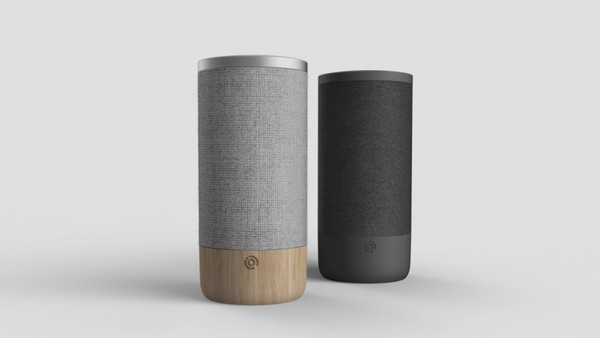
Lastly, TicHome came out to ask questions. This is a magical company, backed by Google. Its products are the Chinese version of Google products. The same is true of TicHome, but less relevant information is currently available. Through the understanding of its TicWatch product line, it is expected that TicHome will also be equipped with an inquiries assistant, and the support of smart homes is unknown. The foreign version is expected to be a different shape of Google Home Bale.
Domestic comparison abroad
Hundreds and thousands
Through the above knowledge, you should understand the market of domestic and foreign smart speakers, and the gap between them is also becoming clear. The gap lies in the hardware, voice recognition, natural expression, contextual association and supporting smart home platform, but the most important difference is the different domestic and international use environments, language environments, and smart home ecological environment.
Hardware gapTake the example of the two smart speakers with the highest attention rate recently. The price is 299 yuan and 499 yuan respectively, while Google Google Home sells for 867 yuan, Amazon Echo is 1,203 yuan. The most intuitive hardware gap is the sound quality, voice broadcast voice quality, millet AI speaker is not yet listed on the actual results, but the 499 yuan a smart speaker in the evaluation of the playback effect is indeed poor. Moreover, if the sound quality of the smart speaker itself is poor, the loudness of the sound at a large volume when playing voice and music will also affect the success rate of the wake-up of the voice.
In addition, most smart speakers can only play music through the speaker itself, and cannot be used as ordinary speakers through Bluetooth or audio cables. No network connection is basically obsolete. After the fresh voice control, smart speakers may be like the smart watch into the "cold palace."

"A penny-and-a-delivery product" is the truth of electronic devices. Apple HomePod's price is as high as 2,345 yuan, and its sound quality must have certain strength. The above also introduced a number of high-priced domestic smart speakers, but also positioning high-quality sound even HiFi level. For better experience, foreign smart speakers are generally priced higher.
Speech RecognitionIn fact, in terms of speech recognition, smart speakers at home and abroad are not comparable. After all, the Chinese language is broad and profound. To allow a program to fully understand the meaning of the Chinese language, the required time must be very long. In contrast, English recognition and semantic understanding are relatively easy. In speech recognition and manipulation, it will be more "smart" than the "intelligence" of domestic smart speakers.
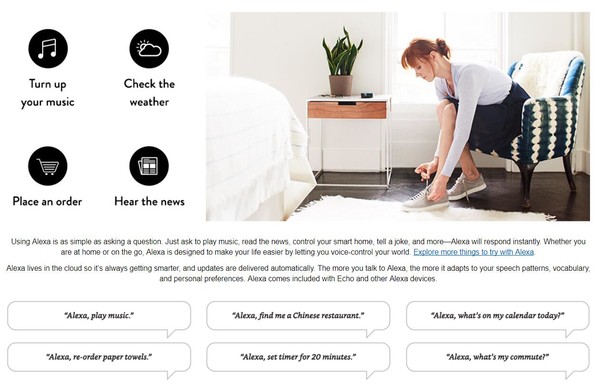
Moreover, people in the country are still accustomed to typing more often. Due to the improvement of Chinese input methods, the speed of typing by most Internet users can catch up to the normal voice speed. While the voice is convenient, it is slightly “intelligenceâ€, and in many cases, it is not as efficient as direct. Press your phone. However, Yan Guoren is more willing to adopt voice control. Why? Is it easy to play a series of English words or to use your mouth?
The most deadly point in Chinese recognition is the many dialects and different Mandarin accents in our country. However, the relevant developers have been working hard. For example, if XFX Assistant can understand many dialects, even Siri can understand several dialects.
Natural expressionStar Tsai once in the article "Intelligent voice assistant molested several times on the tasteless? The million-word experience tells you the truth! In the article, we compared phone voice assistants at home and abroad. There is no doubt that foreign voice assistants are more like a "person" in their natural expression, while domestic voice assistants are more mechanical one-on-one answers.
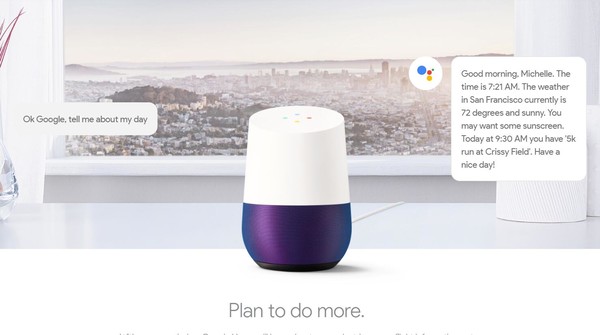
This situation also applies to smart speakers, Amazon Alexa and Google Google Assistant in the natural expression of English has been close to the "person", the most like "people" than Microsoft Xiaobing (chat chat, though often not correct), and domestic The natural expression of the voice assistant has to work harder. It is not that China’s technology lags behind people, but that Chinese language is too broad and profound. In one sentence, different tones can express different meanings. It is really difficult for a program to achieve the natural expression of Chinese speech. Not only does it require a huge amount of vocabulary, it even requires a language library. (Non-professional views, please correct me)
To give a profound example in Chinese, there is absolutely no voice assistant to understand. . . . . .
"A Man's Life"
English Like The Last Person Like Someone Like Last Liked fuck someone Like Last Like last love One Like Last LikeClassic paragraph hell upgrade version
BOSS: What do you mean by this? Dumb: Nothing meaning, mean. BOSS: This is not enough for you. Dumb: I mean it, I mean it. BOSS: You are really interesting. Dumb: Actually there is no other meaning. Dumb: I am embarrassed. BOSS: What do you mean for sure? Dumb: It really doesn't mean much. BOSS: Since there is no meaning, what do you mean? Dumb: Actually, I mean to mean something. BOSS: Since you mean something, that's what it means. Dumb weep: I just meant to mean something. However, there is really nothing else. What does it mean? It means meaning only. BOSS smiled: Oh. I'm a bit mean to you. Dumb thought: Hey. I mean this.Alexa and Google Assistant said: Your compatriots in China have worked hard, by the way, they worship Siri and Xiaona. . . . . . Inner OS: Nima, not to learn Chinese.
Contextual associationCurrently, only Google Google Assistant and Samsung Bixby among all consumer-grade voice assistants are capable of contextual association. That is, after asking a specific object for the first time, it is not necessary to add this specific object in the subsequent continuous questioning, and the voice assistant will search again based on the fixed object in the previous sentence (or the same object in the previous sentence).
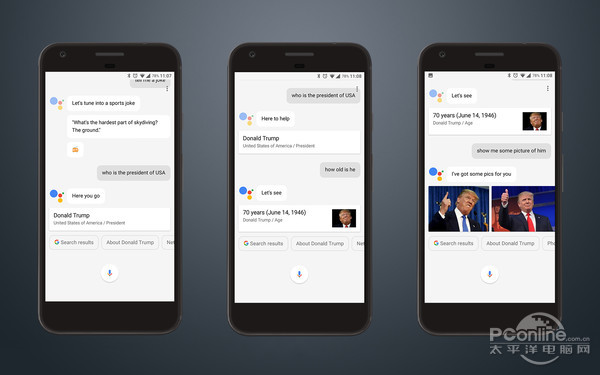
For example, in Google's Google Assistant, ask the US president who, in the related search, as long as continue to use "him" to refer to Trump, Google Assistant can also identify the search target. This approach is more in line with human nature's dialogue logic, and it is more like artificial intelligence in science fiction movies.
Siri, Xiaona, and many domestic voice assistants (including those equipped with smart speakers) basically responded to each question. If “He†is used to continuously ask questions, the voice assistant will recognize no instruction and become a so-called “mental disabilityâ€.
Smart home platformAt present, the domestic smart home platform with relatively large coverage and good experience must belong to Mijia, followed by Jingdong Micro, Philips Hue, etc. The rest of the smart home platforms are relatively niche and have not formed a mature platform.
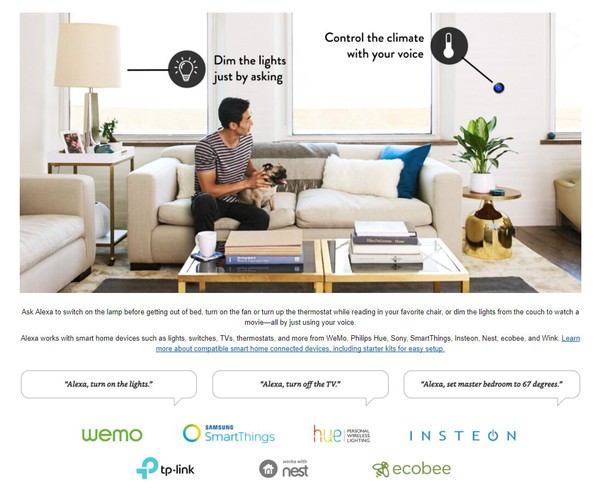
Amazon Alexa is currently the most intelligent smart home platform to support smart home, after all, there are many mature foreign smart home platform, an Echo will be able to control the smart home of different platforms. Domestic smart speakers, smart home platforms supported by different brands are all different, and almost only support their own platform, requiring smart home access in a unique way.
For example, to purchase a millet AI speaker, to obtain a complete smart home experience, all electrical appliances need to be replaced to support the Mi Jia platform, but currently the millet brand has a low degree of recognition in the older generation, if it is not the first set of young people, It is difficult to form a perfect Mi family of smart home ecosystem.
Promotional copy
Domestic manufacturers have a bad habit, that is, they like to get together in the scientific and technological atmosphere. The exaggerated and black technology-based copywriting and propaganda tactics appear to be funny in people with a little bit of knowledge. At present, so-called smart speakers, domestic manufacturers will try to move closer to "artificial intelligence" and "AI" in order to "follow" ordinary consumers. The gap between the idealized demonstration and the actual experience at the press conference has caused many netizens to describe it as "artificially impaired."
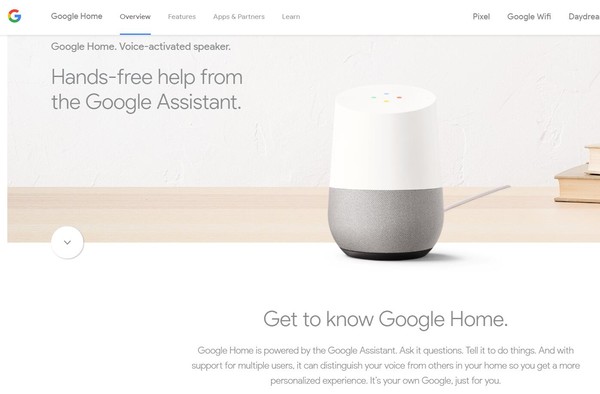

However, Google and Amazon at the conference and publicity have never been unscrupulously involved in "AI (artificial intelligence)", the official website copy is only "Hands-free (free hands)" "Voice-activited (voice control)" "speaker ( "Speaker" and other words, will also be labeled "smart (smart)". The official demonstration is also more realistic. The actual experience is not much different from it, and it also feels less “intelligenceâ€. (But for domestic users who do not understand English and do not understand science online, Google and Amazon's smart speakers are many times more intelligent than domestic ones.)
However, the domestic and foreign market environment is different, domestic manufacturers for consideration of the general environment, they can only follow the flow, do not try hard to pack their own how to sell? Seeing here, I believe that there are many netizens who want to watch the Xingxing Aids, “the foreign moon is relatively round,†“a millet and other domestic manufacturers have quickly recharged,†and Xiaobian is afraid of receiving money from Google and Amazon. It."
Latecomers can't erase references
Amazon Echo has achieved great success in foreign countries, making it a reference for many smart speakers in China, and it does not use the word “plagiarismâ€. Excellent product forms will surely go into homogenization, such as the serious homogenization of the appearance of mobile phones.

However, if the product design is very similar, it will inevitably escape the suspicion of "plagiarism", such as Jingdong Hao's products, product breakdown and form too much like to feed. In the past, new products introduced by Apple have always been the target of domestic manufacturers. However, HomePod, the domestic similar products, were introduced earlier. Therefore, there is no reference to them.
Chinese understanding / dialect is the biggest obstacle
In the frontier technology, foreign manufacturers are always ahead of domestic manufacturers, and they cannot adapt to the domestic environment and choose to shield the domestic market. Intelligent speakers and voice assistant are the best examples: Chinese is too difficult to understand, Chinese voice control has no advantage, and the wall is too high, so that Google and Amazon's smart speakers are really intellectually retarded.
Due to the limitation of Chinese speech recognition technology and the limitation of multiple dialects and different Mandarin accents, domestic smart speakers can only adopt conservative one-by-one answers and command-type mechanical operations, and “mental disabilities†are inevitable. However, Star Aberdeen has seen many comments on the Internet: "When a few hundred dollars bought a Bluetooth speaker, as well as voice recognition and control of smart home is worth it." 299 yuan smart speaker, to remove the cost of chips and microphone arrays, speakers and audio chip costs are running out, the sound quality is only able to speak out, why not buy a Bluetooth speaker with the same price? Sound quality and range of use are spike smart speakers.
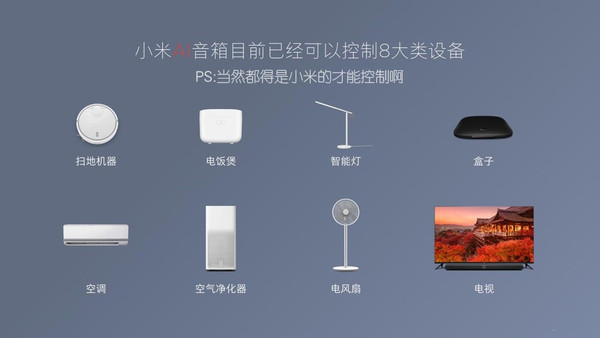
In order to develop the eco-system, all companies are trying to tighten the authority of the smart home platform. A smart speaker must correspond to a smart home platform. Under such restrictions, it becomes even more difficult to popularize the future of "voice control + smart home." Domestic smart speakers, just to implement the command of speech recognition, are similar to those of the smart home app. Unless they are inconvenient, lazy, or cool or early adopters, the mobile phone will pick up a few points next to it, and it is necessary to wake up the speakers and call orders again. Isn't it "mental disability"?
Smart speakers may be an indispensable member of the future smart home, but at present, all Chinese-speaking smart speakers are still relatively "intellectual"; even if you can speak English, using foreign smart speakers in the country is also the same "mental".